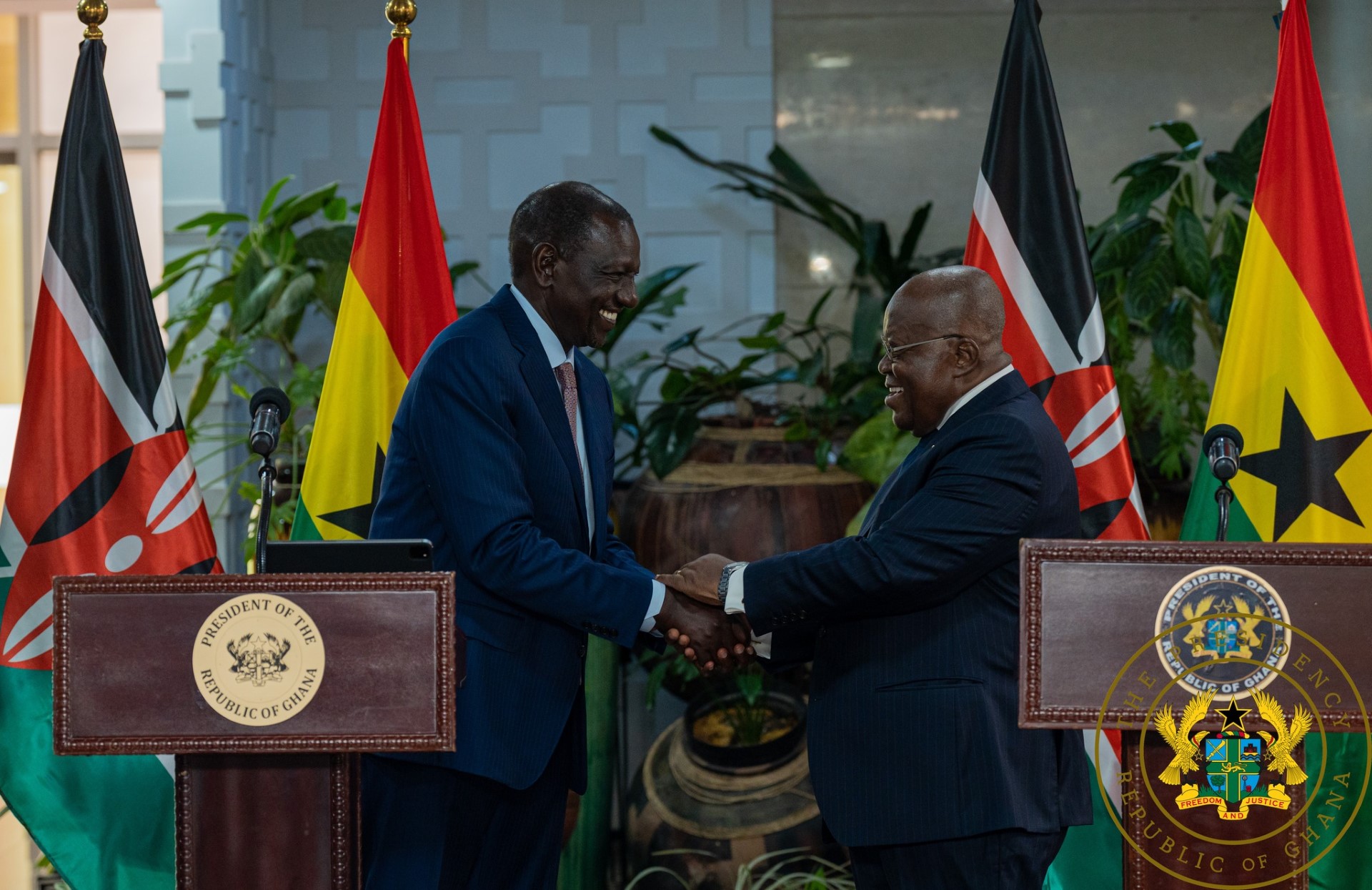
By Buertey Francis BORYOR
The African Continental Free Trade Area (AfCFTA) has agreed on rules of origin for 92 percent of traded products, a major milestone in enhancing cross-border business.
This means most goods moving between African nations will now have clear guidelines on tariffs and origin requirements.
Cynthia Gnassingbe-Essonam, Senior Advisor to the Secretary General-AfCFTA Secretariat, said this during a high-level webinar organised by LIMA Partners in collaboration with Andersen in Ghana.
“92 percent of products now have the same rules across Africa, making trade simpler. This means businesses do not have to follow different rules in each country – just one rule for all. Only the textile and car industries, making up the last 8 percent, are still being discussed,” she elaborated.
Furthermore, Ms. Gnassingbe-Essonam stressed that the trade bloc is no longer just an idea but a real system changing how the continent trades.
“The AfCFTA is making real progress. 49 out of 54 African countries have joined the agreement and 23 have already put the new trade rules into action, helping businesses get better deals,” she explained.
Additionally, she highlighted the Pan-African Payment and Settlement System (PAPSS) which now links over 20 central banks and 160 commercial banks, making it easier to pay for goods in local money instead of US dollars or euros.
Tools making AfCFTA work better
Gnassingbe-Essonam listed tools that help trade – including the E-Tariff Book, a website showing tax rates for all member countries.
Additionally, she mentioned the Rules of Origin Manual that explains which products qualify for AfCFTA benefits and the Non-Tariff Barrier Portal, where businesses can report problems like delays at borders.
Moreover, she said the AfCFTA Adjustment Fund helps private businesses and builds important infrastructure.
AfCFTA’s Untapped Potential
Despite being one of the world’s largest free trade areas – linking 1.5 billion people across 54 nations in a US$3trillion market – many businesses remain uncertain about leveraging the trade bloc.
The webinar was titled ‘Unlocking Opportunities Across Africa: Harnessing AfCFTA for Business Growth” and sought to help businesses understand the AfCFTA better.
It also aimed to help them identify cross-border expansion opportunities, regulatory insights and growth strategies.
Experts in tax law and business from South Africa, Nigeria, Rwanda and Ghana – countries representing the continent’s economic diversity – shared their knowledge, providing practical advice on expanding under AfCFTA.
The Anderson Group of Firms also shared its proven strategies for successful cross-border investment and operations in Africa.
Key sectors for growth
The AfCFTA team is focusing on four main areas including farming and food processing, cars, medicines and transport and logistics. “Afreximbank has set aside US$1billion just to help the car industry grow,” Gnassingbe-Essonam said.
Ghana was the first country, together with Kenya, to deposit its instrument of ratification with the AU Commission. The country was selected in 2020 to host the permanent Secretariat of the AfCFTA.
It has developed the National AfCFTA Policy, Action Plan and National Export Development Strategy to operationalise implementation of the trade bloc’s protocols.
The post AfCFTA reaches 92% consensus on trade rules appeared first on The Business & Financial Times.
Read Full Story

















Facebook
Twitter
Pinterest
Instagram
Google+
YouTube
LinkedIn
RSS